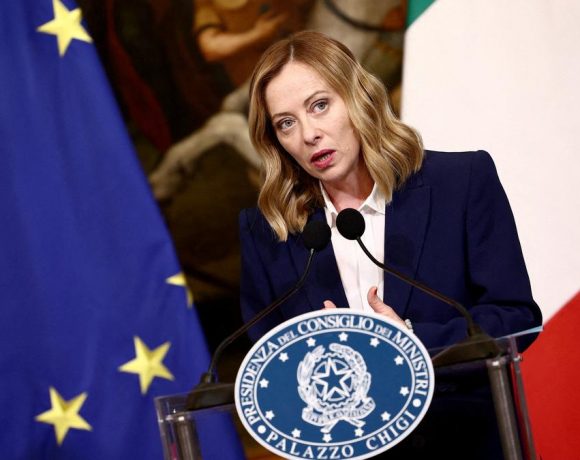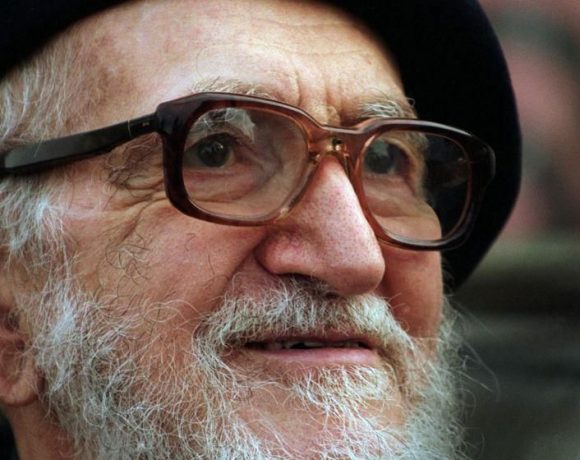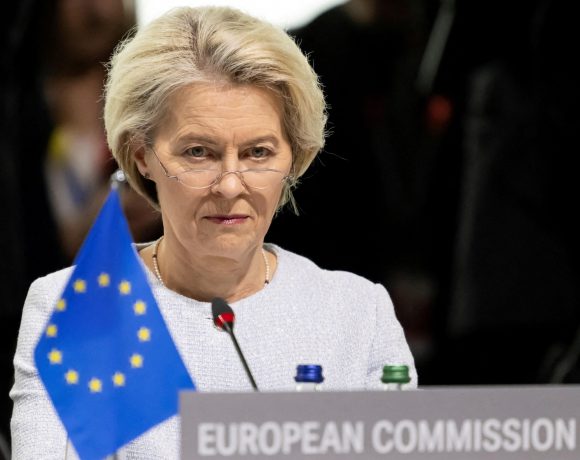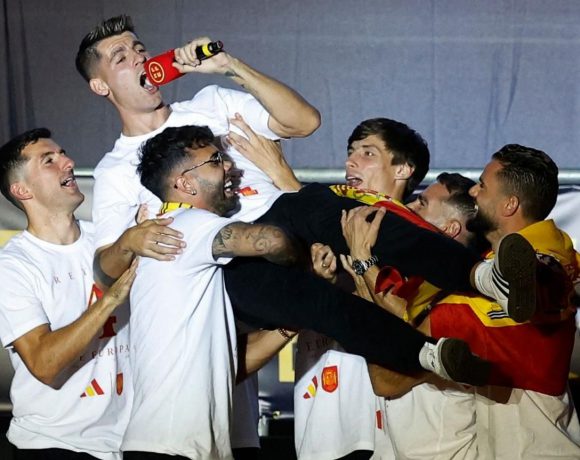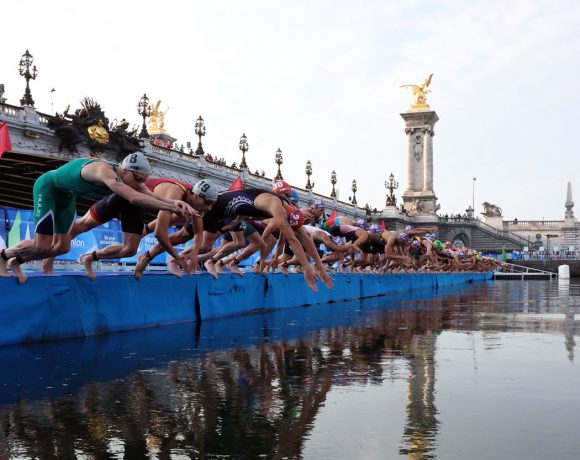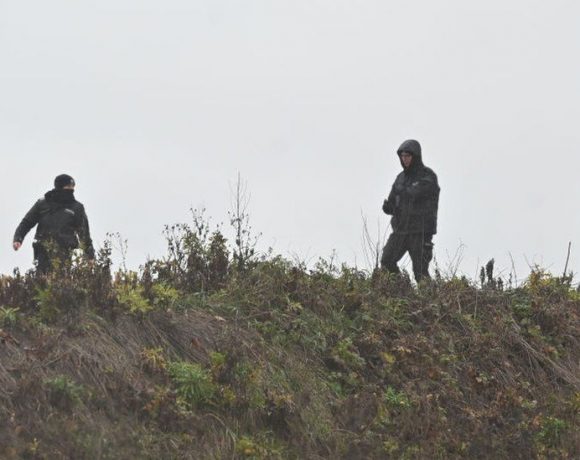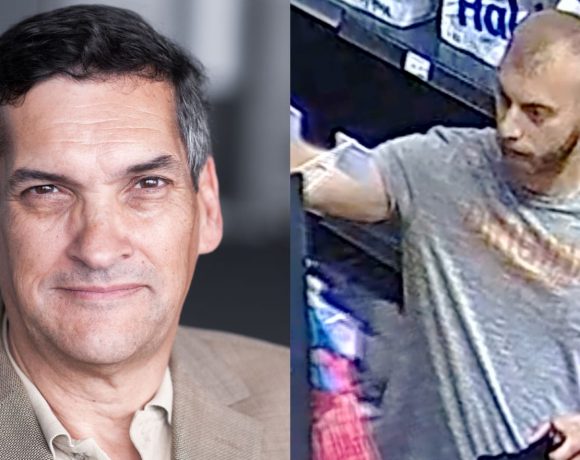
A 22-year-old Serbian man was arrested in France a week after the fatal stabbing of a 74-year-old man in Germany, locally identified as former Rolls-Royce car designer Ian Cameron. Bavarian police announced that the suspect was found in a flat northeast of Paris and apprehended by French special forces.
Ian Cameron was reportedly attacked last Friday night at his home in Herrsching, near Munich. His wife raised the alarm by fleeing to a neighbor’s house. Police later released an image of the suspect from a local supermarket before the incident, indicating he had been in the Herrsching area for several hours.
Cameron had moved to Herrsching 11 years ago. His former Rolls-Royce colleagues expressed deep shock over the incident. Authorities have not disclosed Cameron’s name publicly as the victim nor provided a motive for the attack.
After discovering Cameron’s body, police conducted extensive searches in the surrounding areas, including gardens, roads, and woodlands near Lake Ammersee, aided by helicopters and police dogs. The suspect had initially escaped on foot, prompting police to warn the public not to approach him. During the search, a red backpack and other objects were found near the victim’s house, and a cable for an outdoor security camera appeared to have been cut.
Bavarian police confirmed the suspect’s detention after a week-long manhunt, during which he traveled from Munich to Innsbruck, Austria, through Zurich, and then to France. The Serbian suspect was alone in an apartment near Paris when he was apprehended without resistance by French special forces. He is scheduled to appear before an investigating magistrate in France on Friday.
Chris Brownridge, the chief executive of Rolls-Royce Motor Cars, expressed condolences to Cameron’s family and friends, noting Cameron’s significant contributions to the design of Phantom and Ghost models during his tenure as head of design until 2012.
Picture Courtesy: Google/images are subject to copyright

